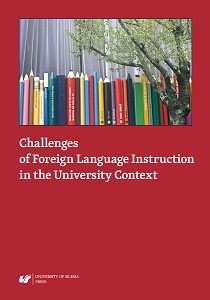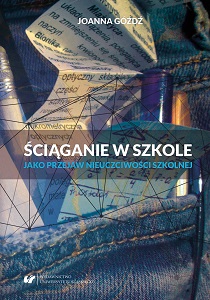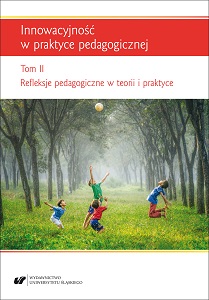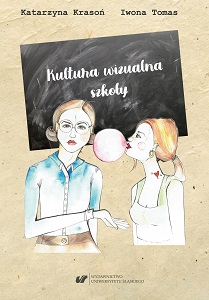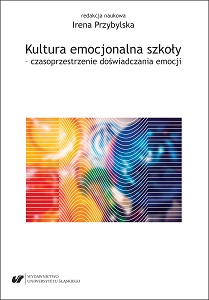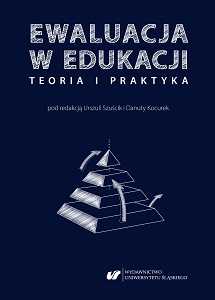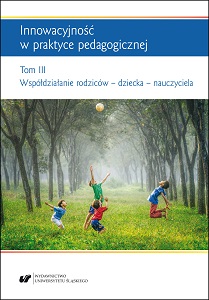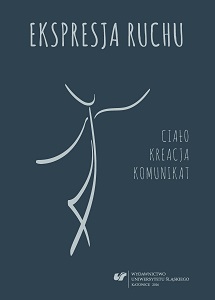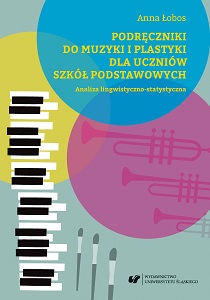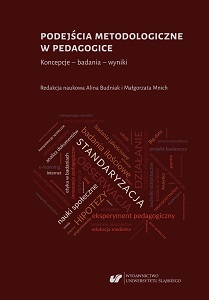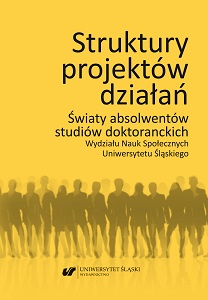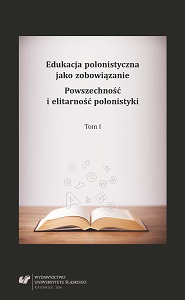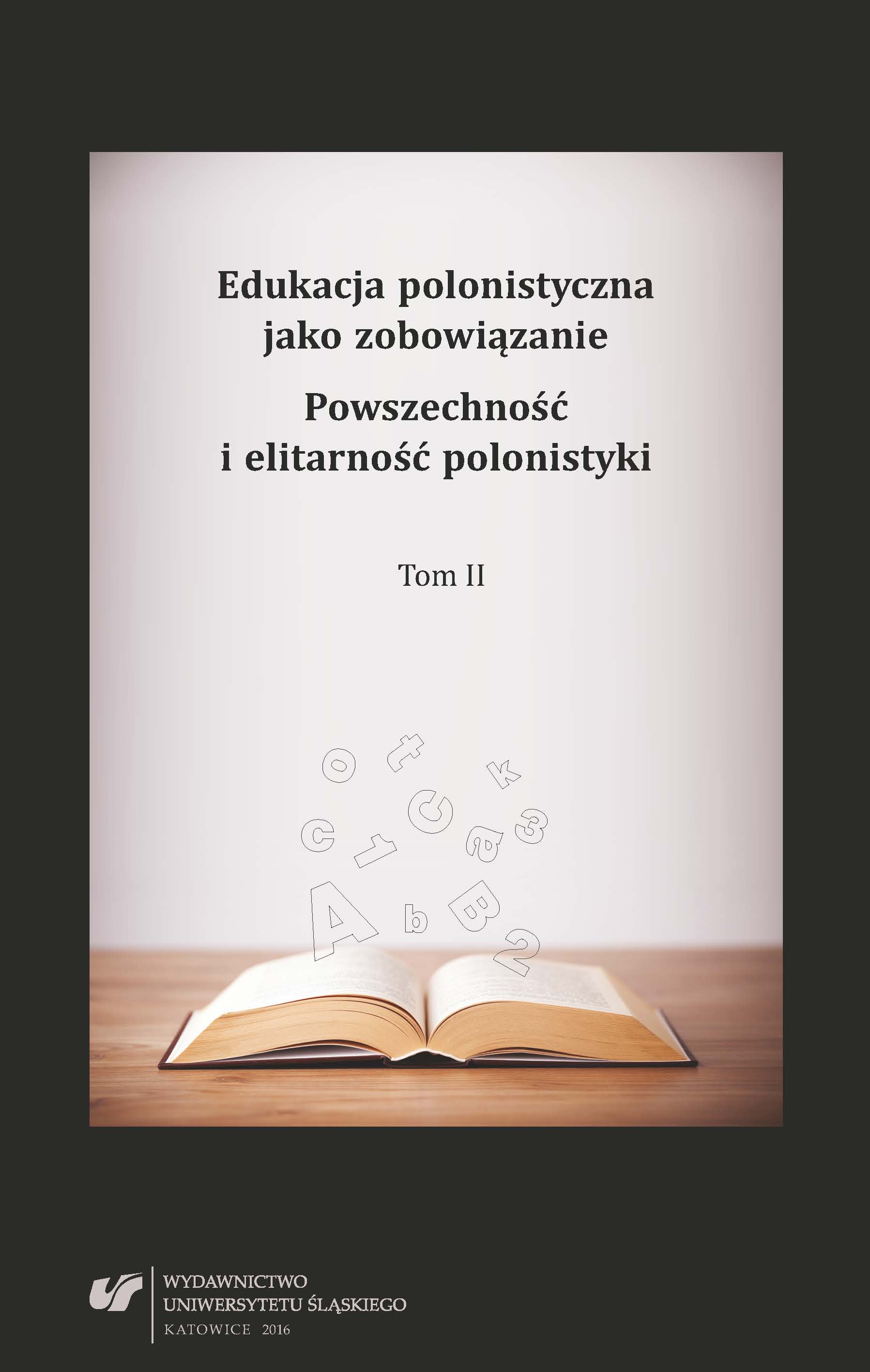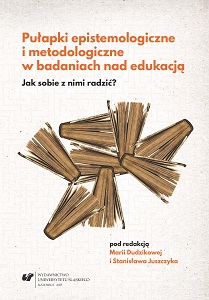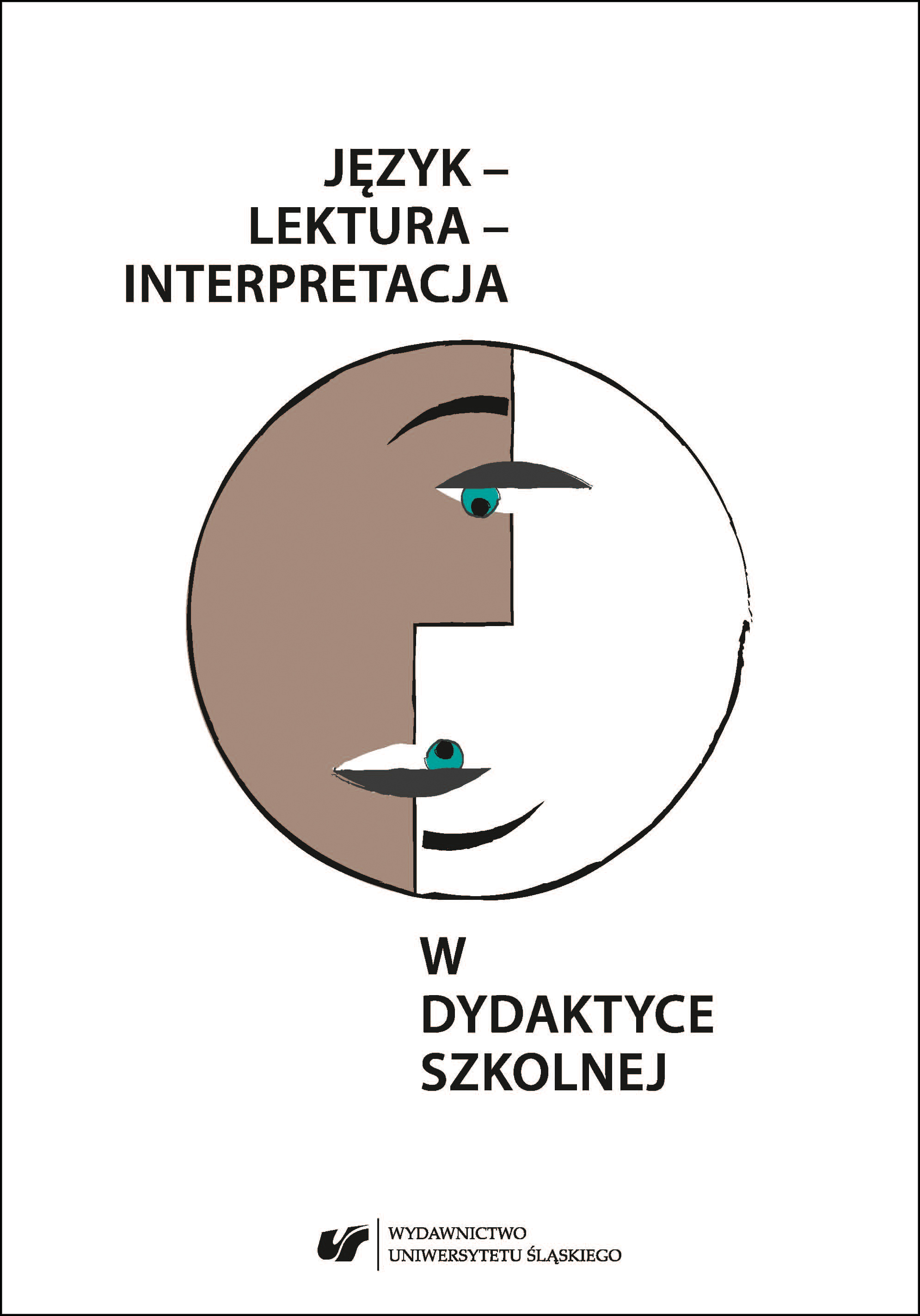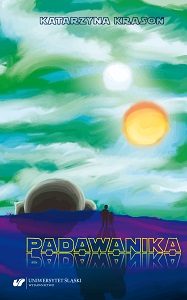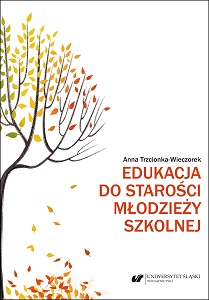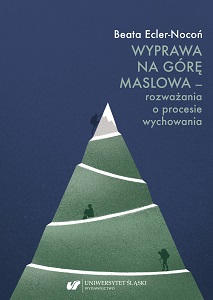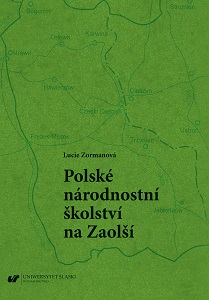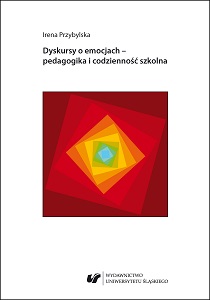
Discourses on emotions – pedagogy and everyday school life
Dyskursy o emocjach – pedagogika i codzienność szkolna
Keywords: emotional culture; the school's emotional climate; teacher's emotional work
The theme of the present work constitutes, in the broadest sense, the emotions and their importance in everyday school reality. In the book, I attempt a reading of academic discourses which concern emotions and an indication of their importance for pedagogical thinking and action. The educational discourse is constructed by, above all, the concept of emotions as an important factor for growth and education and the concept of assistance in the development of emotional competence of students. Assuming cultural definitions of emotions, I argue that in school as a social space and institution, emotions are not only a result of interpersonal processes, obligations and expectations but are also ontologically grafted into the process of upbringing and should be a studied discipline of educational influences in its own right. The framework for theoretical discussion is constituted by the category of emotional culture, defined as a collection of rules which direct behaviours and the expression of emotions, as well as the meanings given to emotions in a particular socio-cultural context. The semantic field outlined by this category turned out to be sufficiently generative to limit the object of empirical research to the emotional climate of a classroom and the emotional work of the teacher, where according to the theoretical assumptions, the emotional culture becomes apparent. The emotional climate has been conceptualized as a permanent or transitory availability of certain categories of emotions, which is socially established in emotional conventions. The emotional work of the teacher means undertaking actions as a response to the rules of emotional culture and with the purpose of maintaining self-presentation and emotional climate conductive to the performance of tasks expected of the teacher’s role. In such an understanding, emotional work has not only a psychological meaning, but also a pedagogical one. On the basis of heuristic models of emotional climate and work, the research tools have been constructed: The Questionnaire Emotional Climate – Student, and the Questionnaire Emotional Work – Teacher. The accuracy and the cohesion of both have been confirmed statistically. Due to the nature of the researched facts and pedagogical phenomena and the purpose of research, which, apart from a description also involve an attempt at an understanding and interpretation of the importance of emotions in a classroom environment, the empirical procedure employed triangulation. On the basis of the research results, among others, a relation between the teacher’s emotional work and the emotional climate of the classroom was verified. The description of the studied variables was “condensed” with a layer of subjective impressions, teachers’ and students’ convictions and observations gathered in the researched classrooms. Emotional experience of students in classrooms was described, and, on the basis of interviews with teachers, areas where they undertake emotional work were characterized. The book’s narrative remains open, as the undertaken concepts revealed many research fields which inspire further study and discussion. Moreover, the acquired results indicate the key areas for the redefinition of professional training of teachers, where the discourses on emotions are almost entirely absent.
More...
